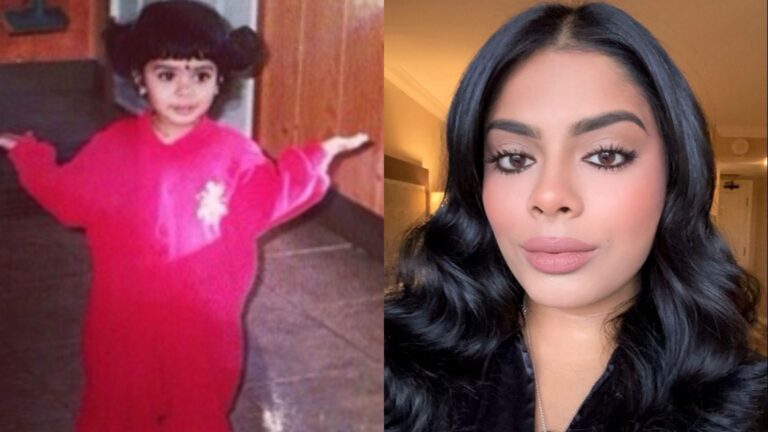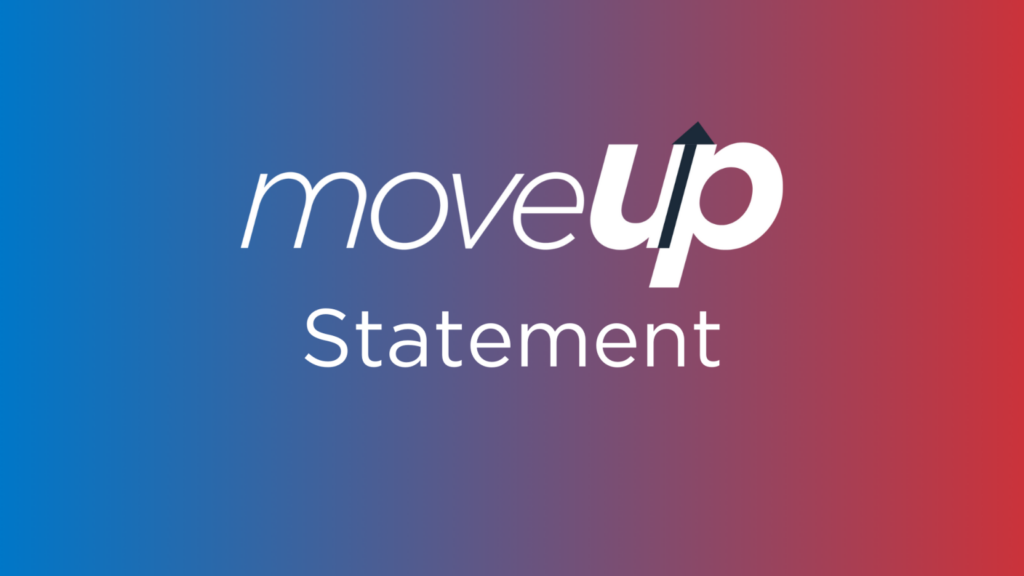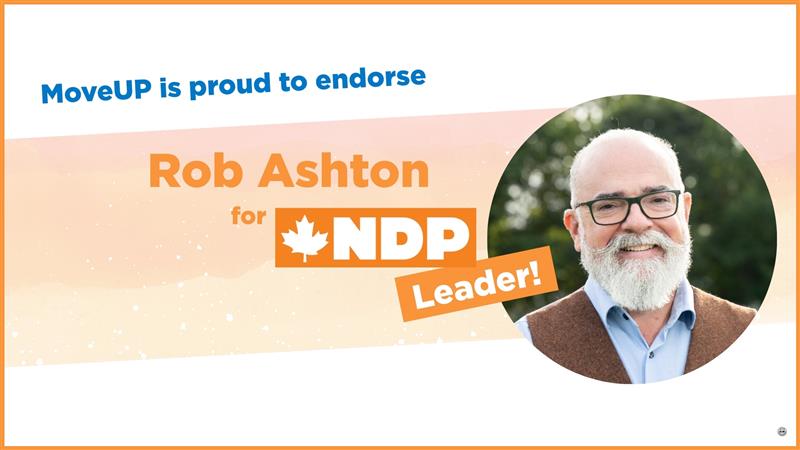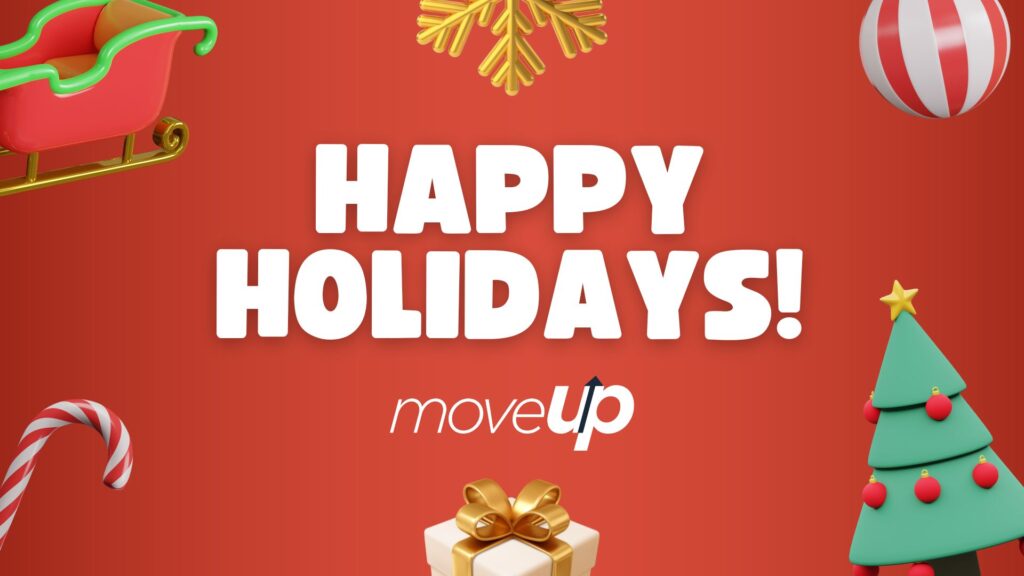By Vanessa Sharma, MoveUP Executive Councillor
Photo: Vanessa at age 5 (left) and Vanessa at age 25 (right)
Editor’s note: In light of the recent US Presidential Election, and with the start of 16 Days of Activism Against Gender-Based Violence happening later this month, last week we asked MoveUP member Vanessa Sharma if we could share this story she shared online.
WARNING: This article contains content on the subject matters of racial and sexual violence and may be triggering for some individuals. Resources for sexual assault survivors are listed at the bottom of the article.
Today, we confront a deeply personal and harrowing issue, one that too many of us have endured in silence for far too long. I was forced to learn what sexual assault meant when I was just five years old. By 13, I was taking my first pregnancy test-because I had been raped. As an adult, I’ve continued to face sexual assault and harassment, including at a union convention.
At 25, I know the rituals all too well: holding my keys between my knuckles, sharing my location, pretending to make a phone call—all the little precautions women are taught to take. Yet, with every defence, the fact remains that some men still feel entitled to take what is ours. This is the chilling reality for so many of us.
In Canada, half of all women have experienced at least one incident of physical or sexual violence since the age of 16. For Indigenous, Black, and women of colour, the rates are even more shocking. These communities face disproportionate rates of sexual assault, often compounded by systemic racism that further silences their voices.
And let’s not ignore the men who are survivors as well; nearly one in six men will face sexual violence in their lifetime. This epidemic of violence is not just a “women’s issue”—it’s a societal issue, one that impacts everyone.
Today, we hear conservative voices that want to strip us of our right to choose. We’ve watched what’s happening in the United States, and my heart aches for the women, non-binary, and trans folks there, who are losing their autonomy. We are standing with you, shoulder to shoulder, in this fight.
Look around the world—at the Middle East, where women’s rights are almost non-existent; at Congo, Sudan, India, and Palestine, where women suffer unimaginable assaults every day. And here at home, there are those working to turn back the clock on our rights. This isn’t just a threat; it’s a global reality.
Abortion isn’t just a choice; it’s a necessity.
Abortions save lives.
Abortions offer survivors of sexual assault the chance to heal, rather than forcing them to carry their rapist’s child. They allow women to end dangerous pregnancies, avoiding sepsis and protecting their ability to have healthy pregnancies in the future.
This is our uterus, our choice. And we don’t need men—especially white men in power— telling us what we can and cannot do with our bodies. We’re fighting for more than our right to choose; we’re fighting for our right to live, to heal, to reclaim our power.
Maybe it’s time we start drafting laws about a man’s body, his choices, his rights. Let’s see how they feel when the tables turn.
We are facing a world where simply being a woman is getting scarier by the day. Women everywhere are increasingly subjected to hate, much of it originating from a specific demographic that sees our progress as a threat. This hate fuels an environment where the violation of women’s rights—and bodies—is normalized, ignored, or even justified.
This is the reality we are up against.
We’re not just fighting for our choice; we’re fighting for our freedom, our dignity, our lives. And this fight won’t stop until every one of us is truly free.
Resources for Sexual Assault Survivors
If you or someone you know is a survivor of sexual assault, please reach out. These organizations are here to help.
Salal Sexual Violence Support Centre
Provides support and advocacy services for survivors of sexual assault, particularly for women, non-binary, and trans survivors. They offer crisis support, counselling, and specialized programs for Indigenous survivors and women of colour.
Crisis Line (24/7): 604-255-6344
Toll-Free: 1-877-392-7583
Website: salalsvsc.ca
BC Society for Male Survivors of Sexual Abuse (BCSMSSA)
Provides counselling and support specifically for male survivors, recognizing that men also experience sexual assault and deserve dedicated resources for healing.
Phone: 604-682-6482
Website: bc-malesurvivors.com
VictimLink BC
A 24/7, toll-free, confidential service providing information and referrals to services for sexual assault survivors. Support is available in multiple languages, and they offer specialized support for Indigenous and racialized communities.
Toll-Free: 1-800-563-0808
Website: victimlinkbc.ca
Ending Violence Association of BC (EVABC)
Works to support survivors across all demographics, with a focus on women, women of colour, and Indigenous women. Provides connections to local services, advocacy, and prevention initiatives.
Website: endingviolence.org
Klinic Community Health’s Sexual Assault Crisis Line
Based in Manitoba, Klinic offers crisis support and advocacy by phone, including for men and women of colour experiencing sexual violence.
Phone: 1-888-292-7565
Website: klinic.mb.ca



